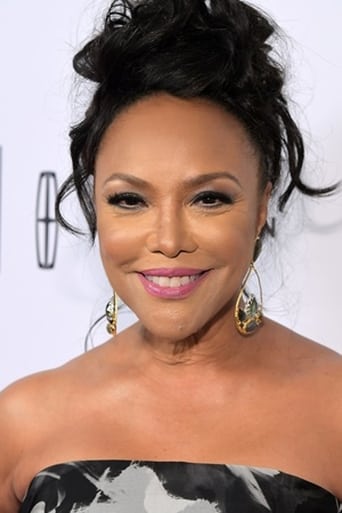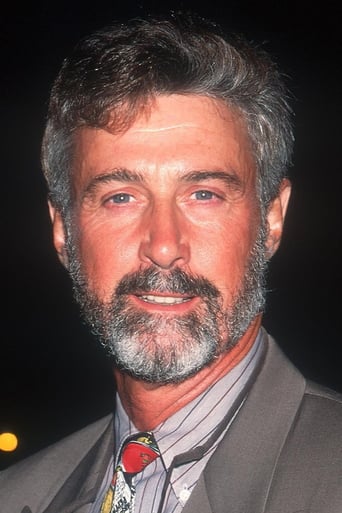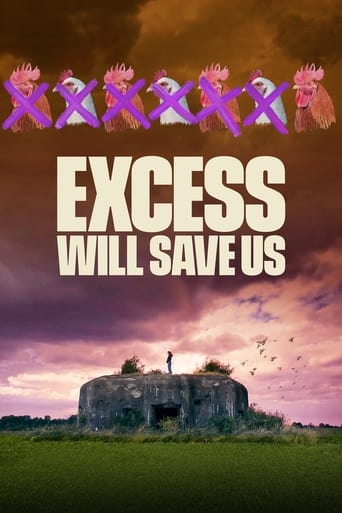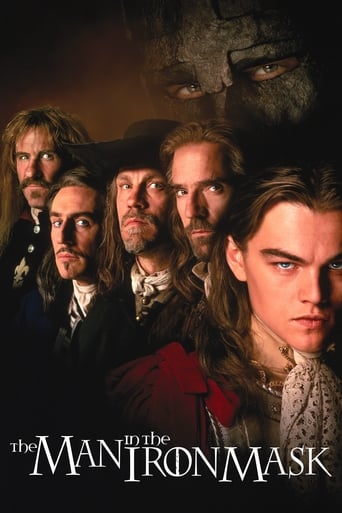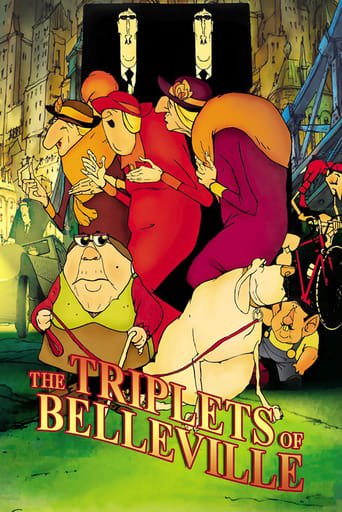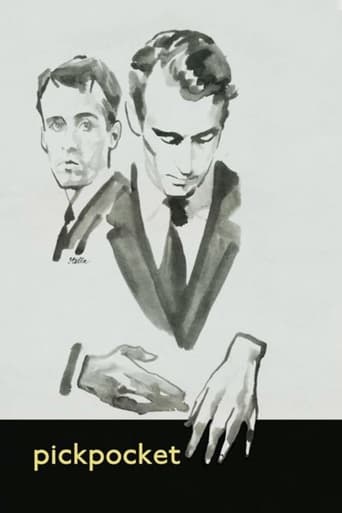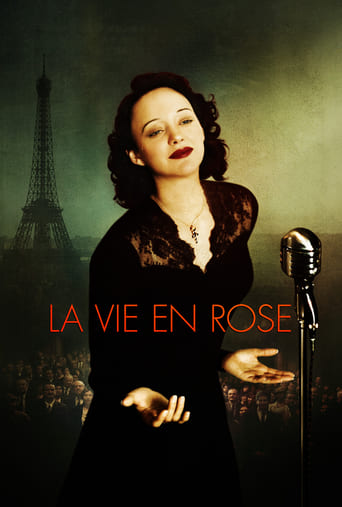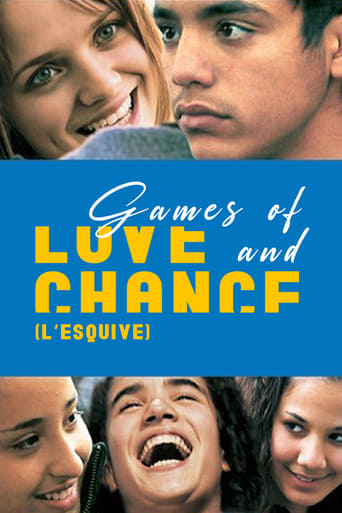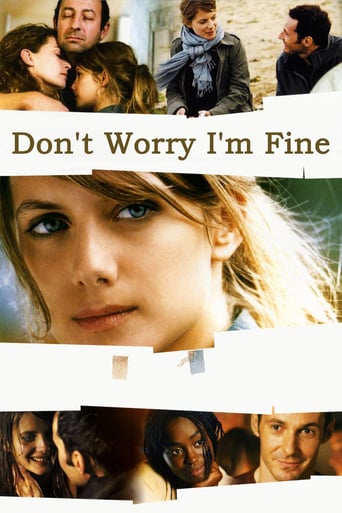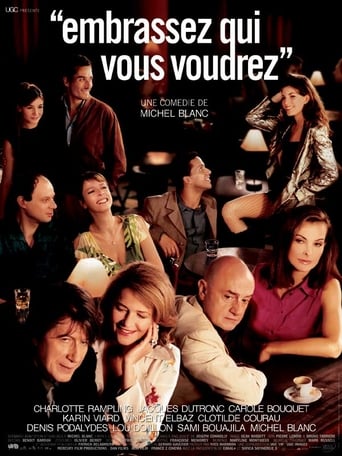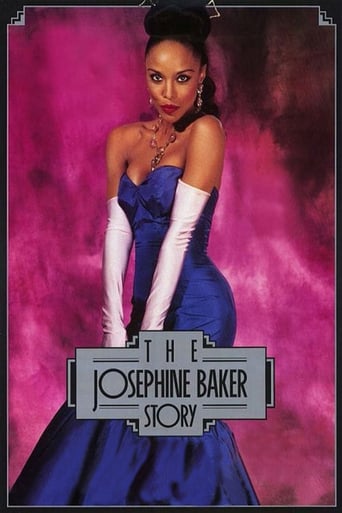
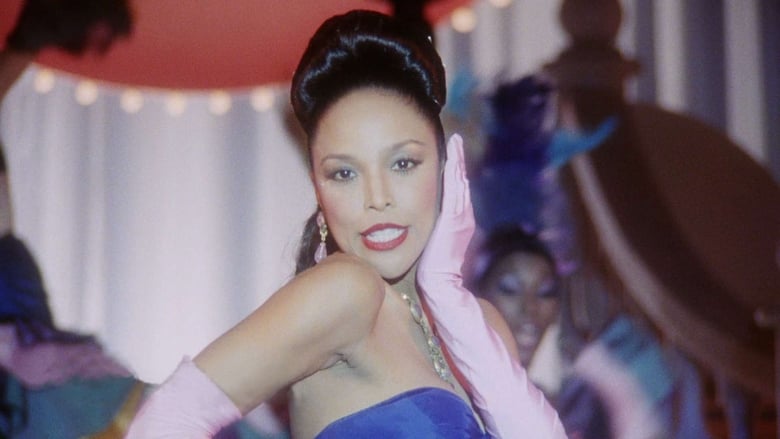
The Josephine Baker Story (1991)
Biography of the African-American who became a major performer in the Paris cabarets of the 1920s and 1930s. The film follows her life beginning as a struggling performer in 1917 St. Louis, her frustrations leading to her move to France, and follows to her death in 1975. Written by John Sacksteder
Watch Trailer
Cast


Similar titles
Reviews
Controversial to the point of massive historical study, Josephine Baker took the tragedies of her early life on the run, never forgetting the horrors of her childhood as she became a great star in Europe and returned to her native United States to make her own attempt at fighting for civil rights. She may not have always made the right decision of how to fight, but you can't help but admire her for standing up for her own values and the love that she gave to her beloved "rainbow tribe" in trying to show the world that human beings could live together in harmony and that color was not the appropriate way of judging your fellow man.Research shows that Ms. Baker (here played by the luscious Lynn Whitfield) didn't always have the support from her own people. She sometimes took things a bit too far, especially when she confronted the powerful Walter Winchell (Craig T. Nelson) for not standing up and revealing the truth about the way she was treated at the Stork Club on one night in 1951. Of course, just a decade before, she had been forced, as a star of the Ziegfeld Follies, to enter a fancy hotel via the kitchen rather than the lobby, and after spending time helping the allies during World War II obviously felt this opened the way for her to instigate her own methods of her fighting for civil rights. "Stormy Weather", a book on Lena Horne, mentions that Ms. Baker was offended when Horne didn't join her fight, having to suffer the indignities on her own back in the United States after, like Josephine, become a superstar in Paris.In spite of the methods Josephine Baker tried to win equality during this time, her story is a tribute to the fact that it does at least take the wrong kind of fight to open a few people's eyes to the wrongness that blacks and other minorities were fighting, even after the war against fascism had long ended. Like she says, "You have to fight for the minor things in order not to have the major things taken away". She made great strides during her time entertaining the troops in the middle east, bringing black and white troops together and proving that brotherhood knows no color. She adopted children of every racial background, destroying her own marriage in the process. So even if you disagree with the ways she did this, you have to at least give her thumbs up for attempting to get the ball rolling, especially after being told that as a poor black woman, she couldn't even make it as a dancer.There's a lot of sadness here in her life. She takes on a French nobleman as a lover, and her hopes for marriage and children with him are quickly dashed. Her agent tells her she needs more than stardom to find a husband; She needs a title, and she also needs to continuously re-invent herself to remain on the top. Then, there's the heartbreaking scene where she returns to America, goes on Broadway, and witnesses the elitist white audience walking out on her and the critical slaughtering she receives. So as much as you might not like some of the things she did, you can't help but feel some tears for her.Even more tearful is the scene where she looses the castle she has moved into and raised her adopted children in. Thrown out into the rain with her years of memorabilia, it is as if the world hasn't learned a darn thing about compassion. But, like many other stars of similar pasts (most obviously Judy Garland and Edith Piaf), her falls were always followed by a sudden rise, and here, that comes with a finale where you better darn well have the Kleenex ready. "The Times, They Are a Changin'" is one of the great heartbreaking songs of all times, and the way it is interspersed here with memories of her past will make you think twice about judging her.
This is certainly a well-intentioned movie, and the star, Lynn Whitfield, certainly gives a very moving performance. Much of the movie focuses on Baker's career after the War, where she becomes involved in the civil rights movement. It's very well-meaning, certainly, but not the part of her life and career that interests me, so I found that that part of the movie dragged. Her years in Paris as a performer in the 1920s and 30s get short shrift, and that's a shame, because it's what made a star of her.The movie takes its particular stance on how Baker saw her early Paris performances. While it's an interesting interpretation - very sincere - I don't know how accurate it is. The one aspect of Baker's performances that doesn't get developed in this movie is her role as a comedian. In certain ways, she was something of a Black Fanny Brice. Something of that comes through her early newsreels, but it's missing from the way Ms. Whitfield was directed to portray Baker.In the end, for me, this amounted to a very fine performance by Whitfield. But how accurate a depiction of Baker it provided, at least for her early years as a successful performer, I don't know.
I had the distinct pleasure of watching a full-fledged documentary film about Josephine Baker directly before viewing the HBO made-for-television movie featuring Lynn Whitfield as the beloved late entertainer.I can now compare the HBO movie to the documentary"Chasing A Rainbow;The Life Of Josephine Baker".Here is my verdict;Lynn was excellent in her portrayal of Josephine Baker.She played the role with emotionally driven conviction,energy,and grace.There had to be clever maneuvers creating Josephine's character-nobody can become Josephine Baker,being uniquely who she was,but who could convincingly pull-off her character?Now Lynn Whitfield could not transform to Josephine-incarnate,but what she did do was put her own flair on the role,and did so effectively.Lynn sold herself in every respect.The acting,dancing,comical renditions,and convincing-lip sync of Josephine's real songs were challenges Lynn took head-on.Her portrayal resulted in winning the"Outstanding Lead Actress"Emmy award for 1991,so it worked!Not only was Lynn Whitfield great literally owning the role,but I loved everything else about this movie.All of Lynn's costars are splendid in their respective roles.Now I must bring to attention the character of Sidney Bechet,played stylishly well by Kene Holliday as Josephine's band member best friend.Sidney Bechet may have been an actual person in Josephine's entourage,but his significance in the HBO movie may be questionable.He is clearly what I think intended by the producer to be a phantom-role.By this I mean that the documentary does not refer to a best friend aiding Josephine in major plans and decisions,like the HBO movie does.Josephine was an impetus force all her own in reality.However,the Sidney character in the HBO film was not a bad idea for 2 reasons:it gives the movie viewer an opportunity as to what went on in Josephine's mind and also allowed Lynn Whitfield a chance to express how Josephine felt emotionally about principal decisions-all due to interactive dialogue with Sidney Bechet.The only drawback is that it also makes Josephine appear weak and dependent in her planning,while she was nothing like that.Josephine alone made all of the important decisions and plans throughout her illustrious,colorful and sometimes controversial career.The movie appreciably stayed on track to events and landmarks that took place involving Josephine's life.However,the HBO movie leads you to think she married twice,while the documentary reveals that she married 4 times.Even if the HBO movie producers did not want to put 4 weddings in the script,a brief reference statement perhaps by a cast member would have been appropriate.The HBO movie as the documentary does point out her numerous love affairs with men associated with her in the entertainment business.From portrait painters to Counts,and playboys to producers,she managed to keep a love affair brewing.Although she finalized the divorce of her first husband(Willie Baker)in 1923,she kept the last name throughout the rest of her life.Other than the"best friend"(Sidney Bechet)phantom-role character and the twice married lead-off,the HBO movie was truthful.Basically,the movie is about the little black girl who grew up poor in the then fierce 1920's era St.Louis slum region to become a local sensation of the musical dance theater circuit.Josephine and her entourage,known as"The Dixie Steppers"eventually toured the country,wowing club audiences at full throttle.Once confident enough,the ambitiously motivated group took their sprightly talents to the prestigious Harlem,New York night club scene.This place in the 1920's was true testing ground where again they prevailed with rave reviews.Josephine relished the spotlight and also managed to steal-the-show with her jaunty comical antics.Her colleagues called her Monkey due to her vivacious stage presence and skill in the profound art of improvisation.Meanwhile,a rich American-Carolyne Dudley(the wife of a diplomat)decided to bring a group of musicians to Paris.She wanted to show the French what the "Jazz Age" was all about.Carolyne enlisted Josephine Baker as a member of the entourage that was headed for Paris.Paris instantly fell in love with Josephine's stage performances,and she fell in love with Paris.Although stolen by Paris and missed by New York,France became the launching pad for which Josephine had manifested her talents.The best of her prowess emerged when she met a Count-Giuseppe Pepito Abatino,eloquently portrayed by Ruben Blades.He became her manager.The Count(albeit a murky past)succeeded in making Josephine a very rich and famous international superstar.Josephine found herself in the position of celebrity and was admired while exploited both at the same time.While Josephine flourished the benefits of fame,the French audiences generally regarded her acts as substandard since she did much of her dance performances semi-nude.The French basically place the partially nude,and nude theater performances in a class of their own.She consequently garnered labels such as notorious,scandalous,and dark star.Although aware of this,she saw it as part of the show and did not consider herself a lewd person.The Paris press was quoted with saying;Josephine Baker is right for adventure,never respectability/She may be the toast of the town,but never someone to take home to introduce to Mom.Josephine,nonetheless blossomed in France.She then succeeded on to tour all of Europe to become even more popular,while being shunned by some of the more-conservative types of people.Her life and career,were shaped by the fame,money,lovers,and travel as she danced,sang,and starred in movies.Her brimming talents subsequently led her to patriotic real life roles of war hero(Itelligence for the French Resistance against 1940's Nazi occupation),Political/Civil Rights Activist,and mishap orphan savior(her adopted multi-race"Rainbow Tribe"of 12 children).The HBO movie does enact Josephine Baker for all the major events,trials,triumphs and achievements that constituted her interesting life.I can safely say that the movie does give the viewing audience the big-picture.The movie informs, expresses,enchants as well as entertains,while letting you effectively understand how all that occurred in Josephine Baker's life helped make her an entertainment legend in her day.
Some outstanding performances here by Whitfield, Blades, Gossett, and others in this overly long biography of an important, outspoken, and controversial African American woman, who was years ahead of her time. It was quite a revelation to see how African Americans were treated in St. Louis and in New York in the decades before the civil rights advances of the 50's and 60's. We all know about the history of the South, but in many places up North, things were nearly as difficult for minorities in the 1930's and 40's. The story of Josephine Baker had to be told since so many of us are not familiar with her achievements. And HBO and the cast did an outstanding job doing so. The movie was entertaining and sexual, eye-opening and thought provoking. It covered American society as well as French and even gave us some insights into Josephine's heroics and patriotism during WWII and her push for equality of the races in the U.S. military. I would have preferred to see the movie end while Josephine was at the top and still young, rather than drag on with her numerous adoptions and comeback attempts. That's why it was not a major motion picture.....too long and drawn out for theater audiences. A good movie to watch at home while putting away the laundry or brushing the dog.


